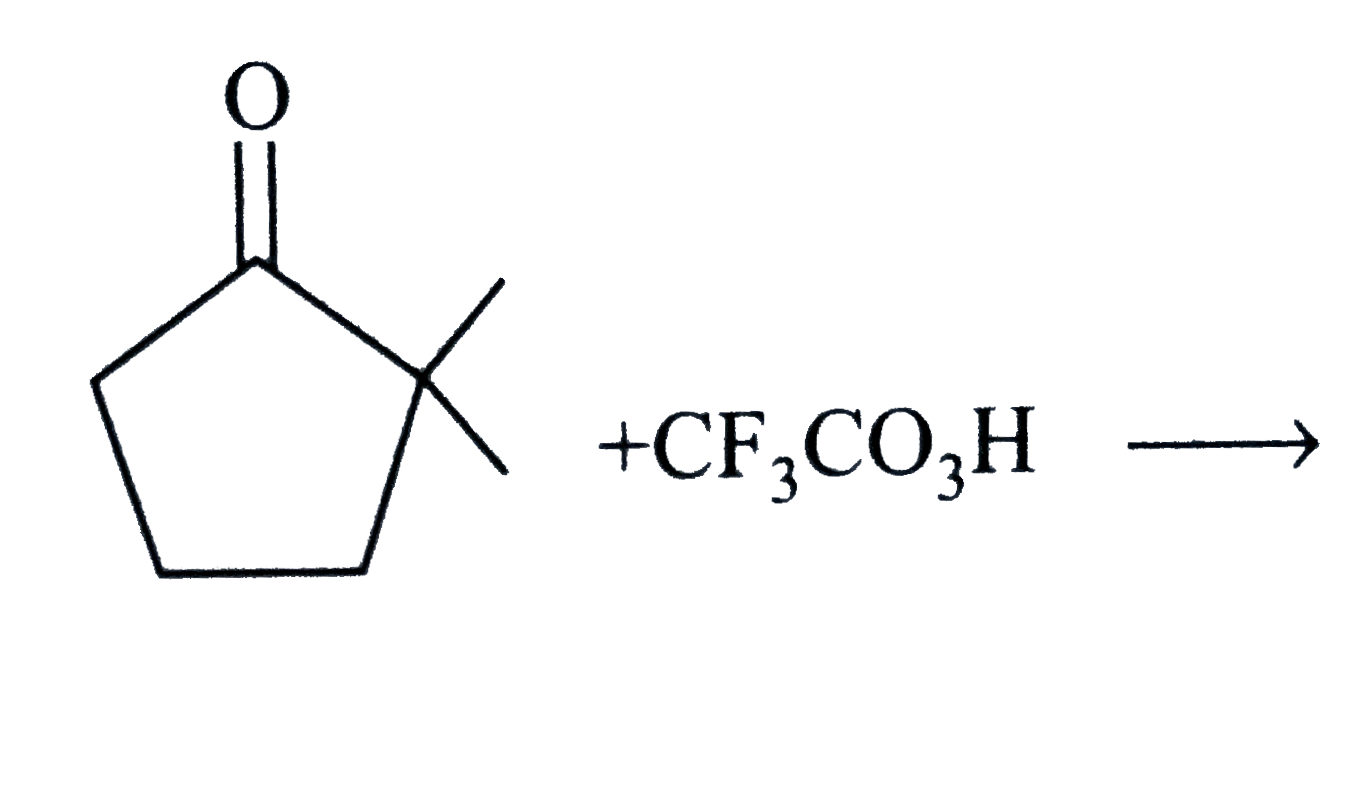100g of mercuric oxide is heated and decomposed to produce 7.4g of oxygen. What mass of mercury must be produced in the reaction?
To solve the problem, we will use the law of conservation of mass, which states that the total mass of reactants must equal the total mass of products in a chemical reaction.
1. Identify the Given Information:
- Mass of mercuric oxide (HgO) = 100 g
- Mass of oxygen (O) produced = 7.4 g
- Mass of mercury (Hg) produced = x g (unknown)
2. Apply the Law of Conservation of Mass:
According to the law of conservation of mass:
Mass of HgO=Mass of Hg+Mass of O
This can be written as:
100g=xg+7.4g
3. Rearrange the Equation to Solve for x:
To find the mass of mercury (x), we can rearrange the equation:
x=100g−7.4g
4. Calculate the Mass of Mercury:
Now, perform the subtraction:
x=100g−7.4g=92.6g
5. Conclusion:
The mass of mercury produced in the reaction is 92.6 g.
Final Answer:
The mass of mercury produced is 92.6 g.
---
- Mass of mercuric oxide (HgO) = 100 g
- Mass of oxygen (O) produced = 7.4 g
- Mass of mercury (Hg) produced = x g (unknown)
According to the law of conservation of mass:
Mass of HgO=Mass of Hg+Mass of O
This can be written as:
100g=xg+7.4g
To find the mass of mercury (x), we can rearrange the equation:
x=100g−7.4g
Now, perform the subtraction:
x=100g−7.4g=92.6g
The mass of mercury produced in the reaction is 92.6 g.
The mass of mercury produced is 92.6 g.
Similar Questions
What mass of potassium chlorate must be decomposed to produce 2.40L of oxygen at 0.82bar and 300K?
View SolutionSilver oxide (Ag2O) decomposes at temperature 300∘C yielding matellic silver and oxygen gas. A 1.60g sample of impure silver oxide yields 0.104g of oxygen gas. What is the per cent by mass of the silver oxide in the sample ?
View Solution
Knowledge Check
To produce 160 g of oxygen , the number of mole of water required to be electrolysed is
A2.5B5C10D2010 g of hydrogen and 64 g of oxygen were filled in a steel vessel and exploded. Maximum amount of water produced in this reaction will be :-
A2 moleB3 moleC4 moleD1 mole10 g of hydrogen and 64 g of oxygen were filled in a steel vessel and exploded. Amount of water produced in the reaction will be :
A3 molB4 molC1 molD2 mol
A compound AB completely decomposes into A and B on heating. 50g of AB, on strong heating gave 40g of A. how much quantity of AB should be decomposed by heating to obtain 2.5 g of B? How much quantity of A will be produced in the process?
View SolutionWhat weight of sodium chloride would be decomposed by 4.9g of sulphric acid, if 6g of sodium bisulphate (NaHSO4) and 1.825g of hydrogen chloride were produced in the reaction and the law of conservation of mass is true?
View Solution10g of hydregoen and 64g of oxygen were filled in a steel veasel and exploded. Amount of water produced in this reaction will be
View Solution50 g limestone is heated. The quantity of quicklime produced is
View SolutionWhat would be the major produce in the following oxidation reaction

View Solution
